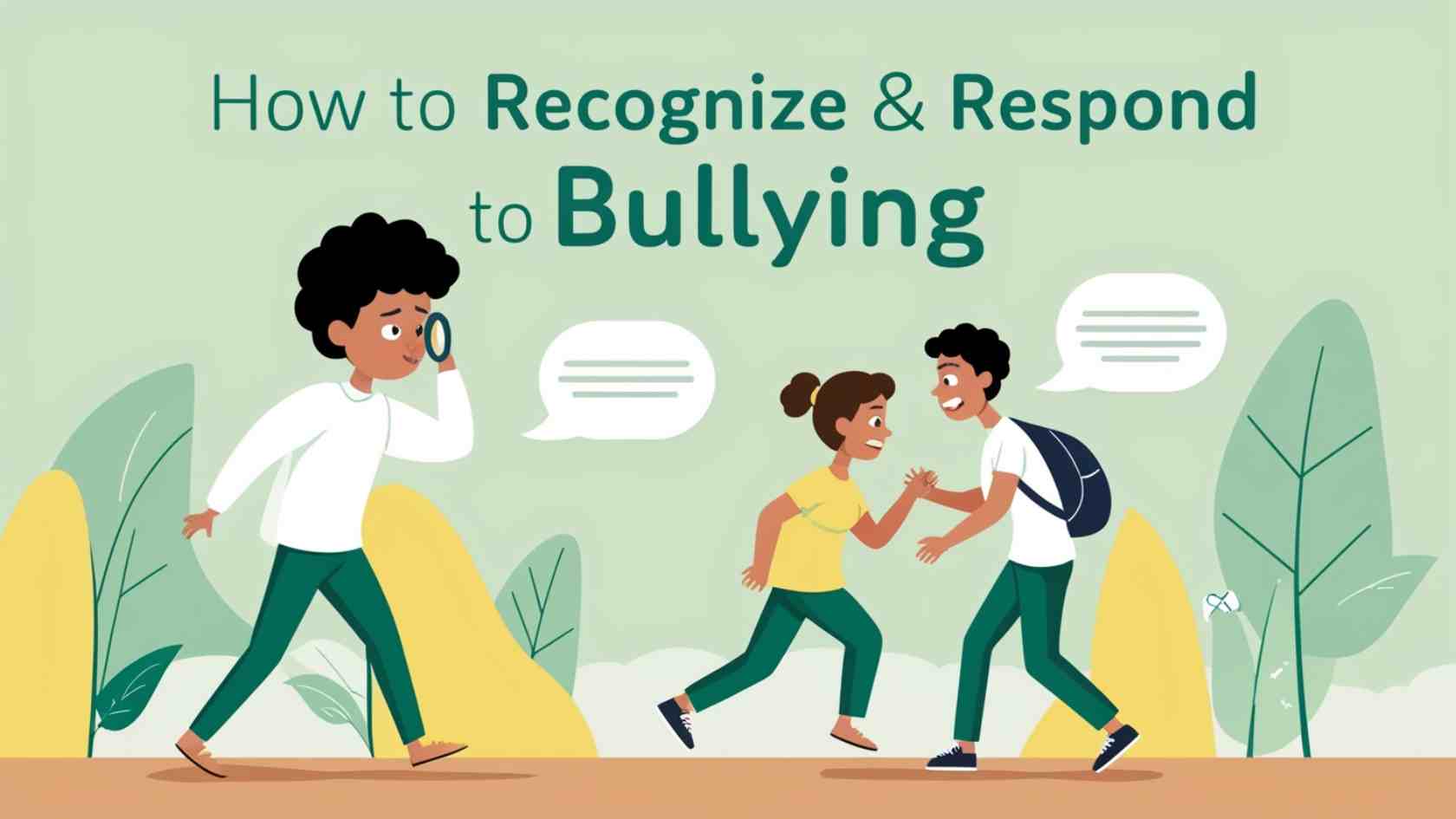Imagine that every work or school day begins with feelings of dread because you know you will face endless bullying, social shunning, or even intimidation. Unfortunately, millions of people suffer from this. Bullying may be defined in many different ways. It may manifest in any form of verbal, physical, or social abuse, including online harassment (cyberbullying). Everyone, regardless of their age and background, has either faced bullying or seen someone get bullied, with extreme cases leading to permanent psychological trauma.
While the statement: “it’s just kids being kids” or “that’s some tough love” refers to bullying, it is damaging behavior that can have dire ramifications. Bullying victim’s suffering goes beyond the acute pain associated with it. Chronic bullying puts the victim at risk of developing severe psychological problems like anxiety, depression, or even suicidal ideation. Making people understand its impact is important because bolstering action can avert further psychological damages while promoting healthier environments for all.
Understanding Bullying Behavior
Bullying is not limited to schoolyards—it happens in workplaces, online, and within social groups.
School bullying involves verbal insults, physical aggression, or social exclusion, while workplace bullying includes harassment, intimidation, or professional sabotage. Cyberbullying—using digital platforms to spread rumors, send threats, or publicly shame—has become alarmingly common. Social exclusion, a subtler but equally harmful form, isolates individuals from their peers, affecting their self-worth.
People bully for power, personal insecurities, or learned behavior from toxic environments. Some seek dominance, while others act out unresolved trauma. Common tactics include gaslighting, manipulation, spreading rumors, and ostracizing victims.
The Psychological and Emotional Toll on Victims
The mental health effects of bullying can be immediate and long-lasting. In the short term, victims often experience heightened anxiety, stress, low self-esteem, and sleep disturbances. They may feel trapped in a cycle of fear, leading to emotional distress and social withdrawal.
Long-term consequences can be even more severe, including depression, PTSD, suicidal ideation, and difficulties forming healthy relationships. Victims may struggle with trust issues, leading to ongoing emotional isolation. Studies show that persistent bullying exposure significantly increases the risk of developing mood disorders and self-harming behaviors.
Beyond personal suffering, bullying affects academic and professional performance. Students who are bullied often face declining grades and school avoidance, while bullied employees experience burnout, absenteeism, and reduced productivity. If left unaddressed, these effects can follow individuals into adulthood, shaping their mental health for years to come.
The Ripple Effect: How Bullying Affects Society
Bullying does more than hurt individuals; it has a negative effect on communities at large. In an organizational context, relentless bullying leads to the creation of toxic work cultures which, in turn, results in increased employee turnover, reduced morale, and heightened mental health claims. Organizations that do not proactively mitigate workplace bullying often suffer from lowered productivity and a tarnished reputation.
In the academic setting, increased rates of unchecked bullying amplifies absenteeism, violent incidents, poor academic performance, and chronic mental health issues among students. Moreover, it fosters an aggressive educational atmosphere that may give rise to deep-seated psychological harm.
The impacts of bullying can span across multiple generations. Children who undergo bullying are at a greater risk of developing chronic mental health conditions and, in some instances, may become bullies themselves. Furthermore, unaddressed bullying can result in adults facing challenges with relationships, workplace hostility, and increased emotional volatility.
How to Recognize & Respond to Bullying
Recognizing bullying starts with noticing behavioral, emotional, and physical signs. Victims often display behavioral changes such as withdrawal, irritability, or sudden drops in performance. Emotional indicators include anxiety, depression, and feelings of helplessness, while physical signs may involve unexplained injuries or frequent illnesses due to stress.
Many victims stay silent due to fear of retaliation, shame, or self-blame. They may believe speaking up will worsen their situation or that no one will support them. This silence allows the cycle of bullying to continue. Bystanders play a crucial role in stopping bullying. Safely intervening, offering support, and reporting incidents to authorities or HR departments can make a significant difference.
Strategies for Prevention & Support
To actively prevent bullying there must policies, proactive measures, and a climate characterized by respect. Schools and businesses are to formulate comprehensive policies which include: clearly defined anti-bullying policies, guaranteed confidential reporting policies, and zero tolerance disciplinary measures against perpetrators. Employees who offer a supportive culture and encourage peer communication record less bullying incidents.
Recovery from the psychological trauma due to bullying requires tailored mental health care services. Therapy, support and self-care plans rebuild self-esteem. Support offered by skilled professional therapists enables victims to develop adaptive skills to counter toxic bullying environments. Those with an online masters degree in mental health counseling can professionally assist bullying victim traumas and emotional distress recovery.
Final Thoughts
There is need for a fundamental change in the perceptions at the societal level. Promotion of acceptance, kindness, and even active leadership bellows help mitigate the chances of bullying. When all members, schools, and institutions unite towards a common goal, bullying becomes a less severe issue, and the victims easily access healing support.
It is paramount to understand why bullying is an issue that demands serious attention—its impact is a health concern and affects entire communities. It is imperative to tackle the problem if we wish to change lives. If you see bullying or experience it in any form, do not keep it to yourself. Take action, provide help, and get relevant guidance if necessary. Join forces for the creation of empowered environments. Where dignity is upheld—not just for some, but for all. Let’s take action to ensure a world where bullying doesn’t exist. “So be the change you wish to see in the world.”








